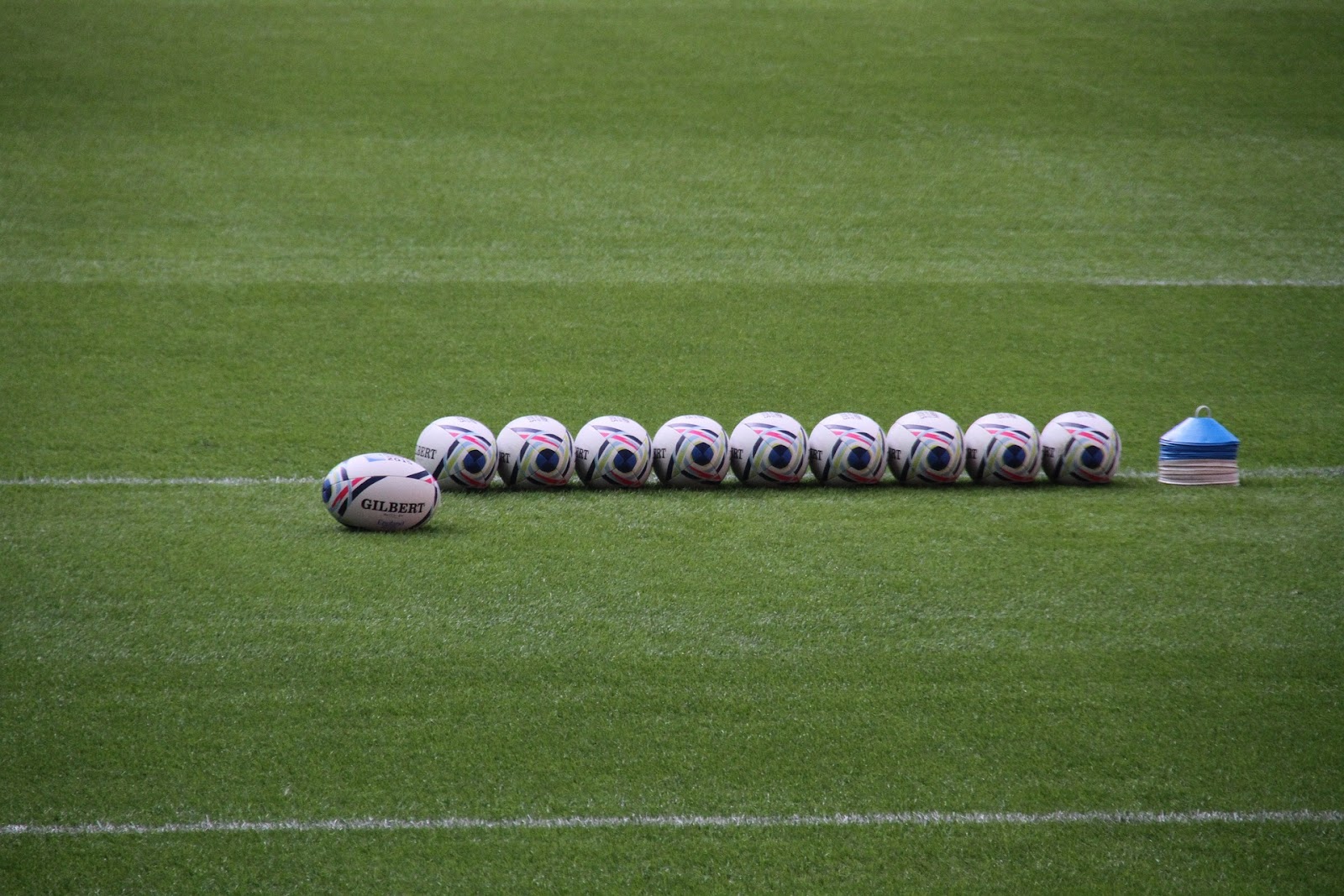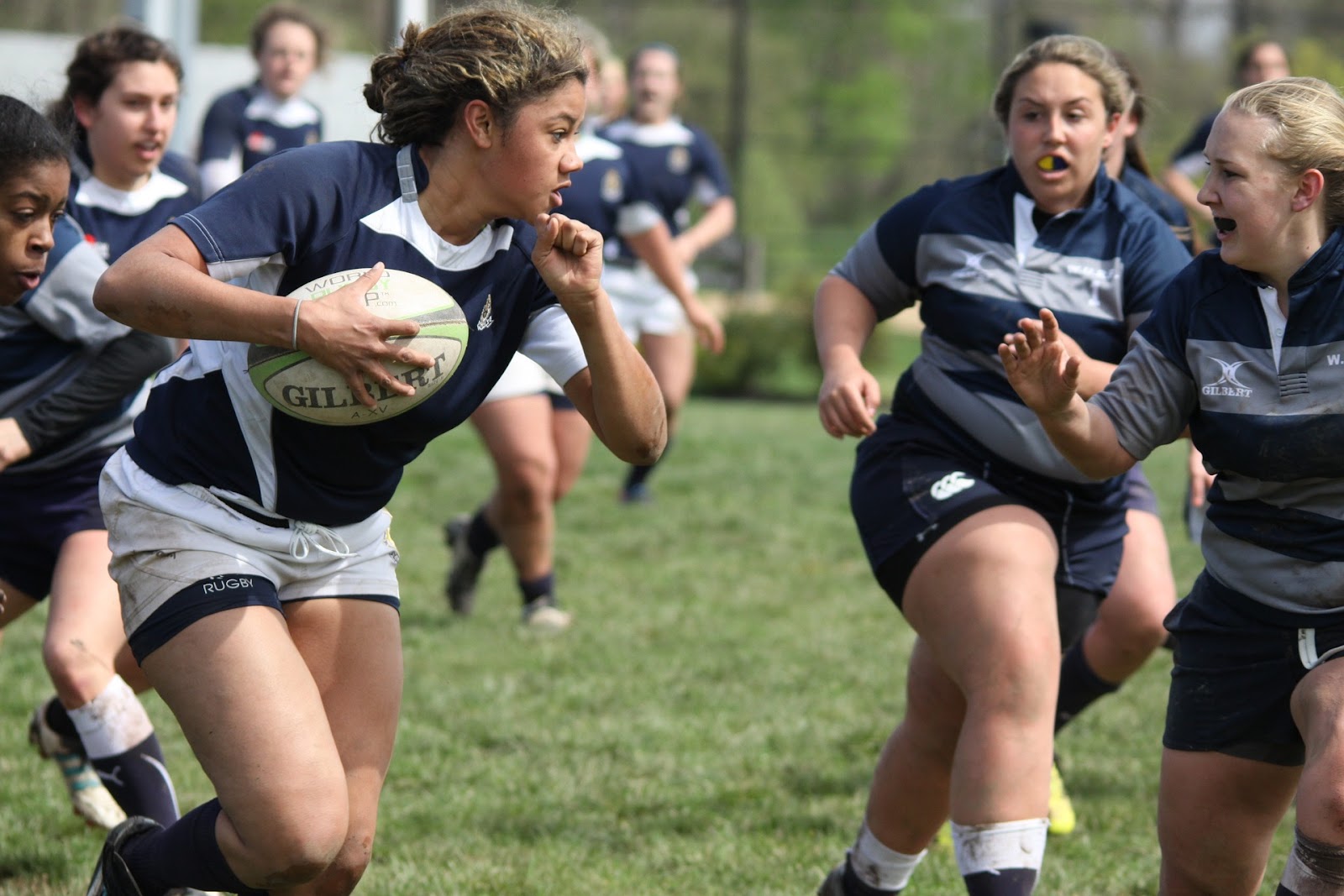Michigan’s road to the NCAA Tournament was full of highs and lows. Throughout their regular season, the Wolverines had impressive wins over top teams such as Louisville, Wisconsin and Purdue, but also had many key losses, such as to Indiana and Iowa. Let’s take a look at how Michigan’s regular season helped them reach the NCAA Tournament.
Record And Ranking
Michigan ended their regular season with a record of 23-10 and a top-30 national ranking. The Wolverines had quality wins over ranked opponents in Gonzaga, Wisconsin, and Maryland, leading to an at-large bid for the NCAA Tournament. Michigan also compiled a 9-9 record in Big Ten play against some of the best teams in the Conference, finishing tied for sixth place. Their strong performance in Big Ten competition gave them a solid overall resume for Selection Sunday.
Key Wins And Losses
The Michigan Wolverines men’s basketball team achieved steady success during the regular season in 2020. Armed with a senior-laden roster and numerous other veterans, the Wolverines had their sights set on making the NCAA tournament. To do so, they played a total of 27 games, including 12 conference matchups and 15 non-conference.
Ultimately, they compiled an overall record of 24-9 (13–7 Big Ten). In the non-conference portion of their schedule, Michigan picked up some impressive wins over traditional powers such as North Carolina and Gonzaga. Meanwhile, they managed to avoid any bad losses on the non-conference slate.
Once Big Ten play began, it did not take long for Michigan to start racking up key wins against rivals like Michigan State and Purdue. At one point during the regular season, the Wolverines had won 13 out of their last 14 games before finishing with a 7–3 record in their last 10 contests. All in all, their Big Ten record was impressive at 13–7 overall and 8–6 against ranked opponents according to KenPom rankings. However, it proved to be one big loss that eventually earned Michigan a trip back to March Madness following an Andy Enfield led USC team eliminating them in 2019. In round one of conference tournament play that year, they fell by just one point on a buzzer beater Ohio State followup layup. This close loss ended up being critical in convincing the NCAA selection committee that there should be few questions surrounding the Wolverine’s resume hoops heading into Selection Sunday 2020; thus giving them entrance into this year’s big dance behind head coach Juwan Howard who’s taken this program far since taking over in 2019.
In conclusion , despite losing some close games down stretch like at Penn State , ultimately key wins on both non-conference & BigTen slate along with that solitary loss being enough for Michigan qualifying for this past year’s edition NCAA tournament give respect where its due due owing largely help from now third year Jabari Parker making huge strides from freshman days even been rumored he’ll enter 2021 draft possibly 1st or 2nd round pick.
Postseason Play
The Wolverines earned their way in to the NCAA Tournament through what was an impressive and successful postseason run. After finishing in the middle of the Big Ten standings, Michigan was able to turn things around, winning four games in a row to take the Big Ten Tournament title. This victory was the first in 25 years for the Wolverines, and it has set the stage for their run in the tournament.
Big Ten Tournament
The Big Ten Tournament is the key to Michigan’s success in the NCAA Tournament. The Wolverines went on a historic run in the conference tournament, winning five straight games over four days – two of which were against top-25 opponents. Michigan upset #6 Maryland, then routed #14 Iowa to reach the championship game. In a matchup against rival and #4 seed Wisconsin, the Wolverines used a great defensive effort to shut down Ethan Happ and stave off six Badger comeback attempts to take home the title and earn their ticket to March Madness. From there, Michigan went on an even more incredible run in the NCAA Tournament. After taking a close one from Montana in the First Round, they toppled both Houston and Florida State with dominant defensive performances for their first Sweet 16 appearance since 2014. Defeating Texas A&M with ease earned them an Elite Eight berth, where they handled Cinderella story Loyola-Chicago to punch their ticket to San Antonio as one of four teams remaining in search of a National Championship. Michigan ultimately made it all the way to National Final before falling short against former Big Ten-foe Villanova – but they did make history along the way by becoming just the second banner school ever (joining UNLV) in 44 years of NCAA post-season play with victories over 5 very well established college programs,. It was an incredible run that will live forever in Wolverine lore – no matter what happens going forward for this program.
How Did Michigan Make The NCAA Tournament
The NCAA Tournament selection process is conducted each year by a committee of the NCAA Division I men’s basketball committee. The committee meets in early March to hear presentations from each potential tournament team and to review resumes, metrics and standing of all teams in consideration for the tournament. The committee then votes on a list of 68 teams that will make up the 2020 field.

To qualify, teams must meet certain criteria including a minimum winning percentage of .500 or higher against Division I opponents. Teams must also have an acceptable amount of wins over top 100 & 200 RPI-ranked opponents, as well as Division I non-conference wins. Teams must submit statistics to the committee for review and consideration as part of their qualification process. Michigan met all these criteria, with a record of 23-9 overall and 12–6 in Big Ten play during regular season play. With multiple quality wins over Duke, Iowa, Michigan State, Penn State (twice) and Purdue along with 8 other top-100 RPI wins throughout the regular season schedule, Michigan was considered favorably by the selection committee and was announced as one of 68 participating teams in the NCAA Tournament on March 15th 2020.
Key Players
The success of the Michigan Wolverines in making the NCAA Tournament this season was the result of influential performances from several key players. From the offensive powerhouse of Franz Wagner to the defensive stalwart of Hunter Dickinson, the Wolverines had a variety of players who made huge contributions to their success. In this section, we will take a closer look at the individual performances that enabled Michigan to make it to the NCAA Tournament.
Player Stats And Impact
Michigan had a very successful regular season, culminating in a berth in the NCAA Tournament. A few stand-out players led the team to this success and were the key players in making it to the competition, including senior forward Mortiz Wagner, junior guard Charles Matthews, and junior forward Isaiah Livers. Mortiz Wagner was by far the most important player on Michigan’s team and was essential in making it to March Madness. Wagner averaged 14 points and a career best 6.9 rebounds per game during the regular season as well as an impressive 1.2 blocks per game which was key for Michigan’s defense. He shot 40% from beyond the 3-point line, and sank multiple late-game shots throughout Big Ten play. Furthermore, Wagner made his way onto several All-America teams at both midseason and postseason honors for his exceptional performance on both ends of the court that year.
Charles Matthews had narrowly missed out on making it into NCAA Tournament last season due to injuries but redeemed himself this year by being an integral part of Michigan’s team success. Matthews averaged 13 points, six rebounds and two assists during Big Ten play as well as quickly becoming known for his aggressiveness when driving for baskets or steals on defense against opposing teams. His confidence enabled him to bounce back quicker than expected after an injury that caused him to miss nearly a third of last season’s games due to a knee injury. Finally, Isaiah Livers’ size and speed proved valuable post moves when playing against larger frontcourts such as Purdue’s Isaac Haas in which he managed consistently get better position on rebounds due to his sheer quickness than Haas could manage with sheer size alone when predicted ball direction while also providing leadership off the court during its earlier struggles against Northwestern where he quietly gave pregame speeches that ended up resulting in its win over them (which would be their fourth straight win following that speech). Additionally Livers emerged with 8+ points per game throughout Big Ten play along with solid three point shooting percentage of 40%.
Player of The Year And All-Conference Honors
In the 2019-2020 college basketball season, star player Zavier Simpson earned Big Ten Player of the Year and All-Big Ten Conference honors. His impressive play heavily contributed to Michigan’s run to a regular season championship in the Big Ten and berth in their first NCAA Tournament since 2018. Additional contributors included senior forward Isaiah Livers, who earned Third Team All-Big Ten honors after averaging 14 points and a Big Ten-leading 6.3 rebounds per game throughout the season. He also provided an emotional leadership for the Wolverines throughout their journey to tournament glory and was named Most Outstanding Player at the 2020 Big Ten Tournament.
Freshman forward Franz Wagner also played an important role for Michigan, as he averaged over 11 points per game and amassed four double doubles throughout the season. His timely contributions helped keep Michigan afloat in tight games against their tougher opponents, making him a standout performer among an exceptional freshmen class at U of M. Overall, it was contributions from these three players (as well as several other key role players) that drove the Wolverines deep into what ultimately became an unforgettable NCAA Tournament run for UofM fans everywhere.
Coaching Staff
The Michigan Wolverines men’s basketball program was led by head coach Juwan Howard for the 2020–21 season. Howard, a former Wolverine himself, was hired in 2019 and has been credited for bringing together a veteran coaching staff and a top ranked recruiting class. A closer look at the staff reveals the mastery behind the successful season that culminated in an NCAA Tournament berth.
Head Coach And Assistant Coaches
The unique opportunity to make the NCAA Tournament lies in the hands of the head coach and his or her staff. When it comes to competing in the Big Ten and against other major conference schools, Michigan hired Juwan Howard as its head men’s basketball coach in May of 2019. From June 2019-2021, Juwan Howard had been working diligently with his assistant coaches, Phil Martelli, DeAndre Haynes and Saddi Washington to build a successful team. They strive to develop a roster that allows for a style of play that focuses on their greatest strengths, but also recognizes their weaknesses so it can be addressed accordingly. The mindset of “team” was instilled by those at the top, who personally invest in each player in order for them to reach their fullest potential both on and off the court. With Coach Howard’s leadership he was able to create a special bond with his team, teaching life lessons that will last beyond their time at Michigan and truly put trust into each individual as they moved forward into competition.
Throughout Coach Howard’s first season at Michigan alone he experienced 11 wins over top-25 ranked teams and managed two stints being nationally ranked within the top five- all leading up towards being selected as number one seed for 2021 NCAA Tournament. Alongside him were assistant coaches DeAndre Hayes (2020 Pac-12 Coach of The Year), Saddi Washington (led career high for assists) and former National Champion Coordinator Phil Martelli (Longtime Big Five Head Coach & G League Head). Together they turned around one of college basketball’s most storied programs into what would eventually become national powerhouse- ultimately signing off one of Michigan’s best seasons ever!
Leadership And Strategy
Leadership and strategy were key components of how Michigan was able to make the NCAA tournament this season. The Wolverines’ coaching staff, led by head coach Juwan Howard, had several guiding principles that have guided their successes throughout the campaign.

The team’s coaching staff fostered a culture of unity and accountability by emphasizing the importance of teamwork and communication among players. Coaches frequently held meetings to ensure that all players understood their individual roles within the team structure. This unity allowed for players to better understand each other’s capabilities and gave them more opportunities for success on the court. Additionally, coaches worked tirelessly to develop strategies that would allow their team a competitive edge in-game situations. By analyzing opponents’ tendencies, the coaches were able to identify where Michigan could get an advantage on offense or defense. This strategy allowed Michigan’s players come out on top in even its tightest games, ultimately helping them fight their way into contention for postseason play. When you combine this leadership with effective strategy planning, it becomes clear that its these qualities which enabled Michigan to make an improbable trip to the NCAA tournament this year.
Team Culture
In order to make its way to the NCAA tournament, Michigan relied heavily on its team culture. From the hard work of the coaching staff to the dedication of the players, this team was able to rise to the occasion and make a statement. The team’s determination, consistency, and camaraderie were all integral pieces of the puzzle in Michigan’s journey to the NCAA tournament. Let’s take a closer look at how team culture helped Michigan make the tournament.
Chemistry and Team Identity
The University of Michigan’s journey to the 2020 NCAA Tournament was fueled by strong chemistry and a clear team identity. Coming into the year, the Wolverines had a mix of experienced upperclassmen and talented newcomers that had to come together in order for the team to earn its first NCAA Tournament berth since 2017. Led by senior guard Zavier Simpson, who was road warrior throughout the season, Michigan coalesced around the concept of “family.” Coach Juwan Howard instituted a team rule where each Wolverine must have one another’s back on and off the court and he made sure that his players held each other accountable while ensuring they enjoyed playing together. Michigan also developed an identity based on their defensive stifling capabilities which allowed them to come away with key wins against top teams like Big Ten foes Iowa and Wisconsin despite their offense failing them at times this season. The Wolverines committed themselves to becoming one of college basketball’s best defensive teams by forcing turnovers, obliterating shooting percentage attempts, crashing the boards on both ends, and pushing transition opportunities whenever they could. Furthermore, they elected to deploy a slew of bodies in lineup rotations (due to their depth) that served as forces of nature through sheer physicality alone which put immense pressure on opposing offenses throughout conference play and earned them an 11-7 record for third-place in an extremely competitive Big Ten season.
When Michigan truly needed it most (in big games late in the regular season), their chemistry shined through as well; notably when freshman center Hunter Dickinson contributed double digit rebounds nights despite coming off facial injuries from previous games or when Simpson dropped 17 assist performance against Nebraska down the stretch that sealed up an important conference victory for his team. The combination of those types of plays is why this Wolverine team ultimately found itself gaining entry into March Madness come Selection Sunday while eagerly awaiting its chance at running up a championship banner come April madness in Indianapolis – showing just how important it can be for entire teams to work together towards collective goals through strong/unified chemistry and focused/committed identities.
Role of Fans And Media
The role of fans and media in Michigan’s NCAA Tournament success cannot be overstated. After all, it was fan enthusiasm and media coverage that created the atmosphere that helped the Wolverines stay focused and motivated throughout the season. The Michigan program also led the nation in attendance for much of the season, with Ann Arbor being a popular destination for college basketball fans from around the country. The media played an important role as well, routinely highlighting key players and moments of Michigan’s amazing run to March Madness. Television broadcast networks like ESPN highlighted big wins, pivotal moments, heartwarming stories of determination and perseverance by individual players, and commentary from college basketball experts. These insights were not just entertaining; they were also informative to Wolverine fans preparing for upcoming games. As a result, strong team morale was maintained throughout the Wolverines’ successful run for an NCAA tournament berth.
The enthusiastic support from both fans and media boosted morale within the Michigan program beyond just inspiring accolades – it provided continued financial support which in turn enabled Edoardo Baumann (coach) to add resources that allowed him to make certain critical strategies come alive during games in order to strengthen match performances towards an ensuing tournament berth.




No Comment! Be the first one.